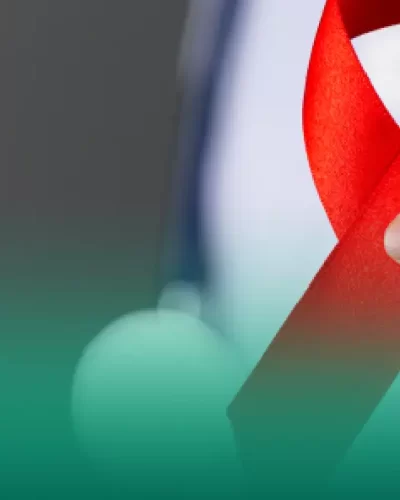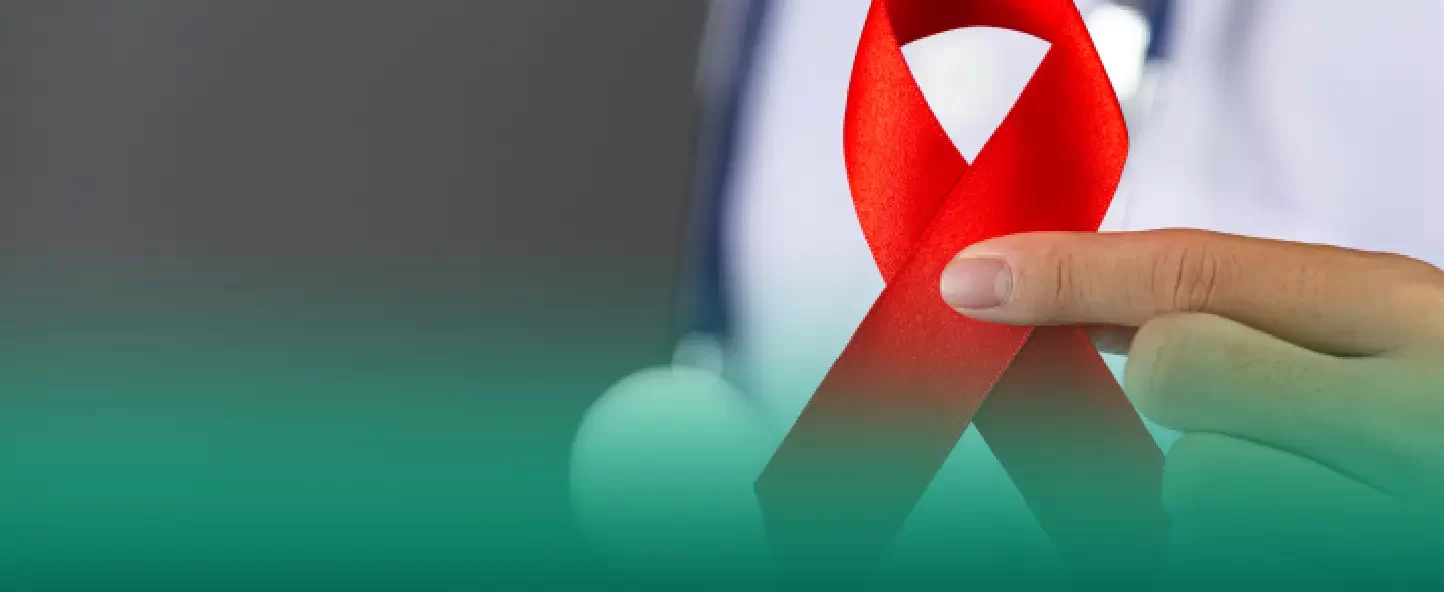Myth: Some foods prevent cancer
It is known that excessive consumption of red meat can increase the risk of colorectal cancer. However, there is no reliable evidence to support the protective effects of certain foods, such as broccoli, garlic, and others.
There is no diet that is guaranteed to prevent cancer. However, research suggests that a Mediterranean diet may be more beneficial in preventing cancer.
The Mediterranean diet includes daily consumption of vegetables, fruits and vegetable oils. It is recommended to consume fish and seafood at least twice a week. It is recommended to include poultry, eggs, cheese and yogurt in your diet several times a week. Consumption of red meat and sweets should be limited.
Myth: Physical activity prevents cancer
It is recommended to spend at least three hours a week doing cardio activities such as running, swimming and cycling, as long as you maintain an average heart rate of more than 120 beats per minute.
Cardio exercise is not only beneficial for cancer prevention, but can also help during treatment by improving treatment tolerance. It is important not to remain inactive after a cancer diagnosis. Physical activity only contributes to overall health improvement.
Myth: Stress causes cancer
Stress is often assigned the role of a villain, even declaring it a source of cancer – this is often done by amateur coaches and pseudo-psychologists.
In fact, stress affects the body as a whole, causing hormonal changes and weakening the immune system. These changes may, among other factors, contribute to the development of cancer. However, it cannot be said that stress always leads to cancer. It only creates an unfavorable background for the body.
Myth: Pregnancy and lactation reduce the risk of cancer
Pregnancy can have both positive and negative effects on your risk of cancer. It’s important to consider age at first pregnancy: if it happens later in life, it slightly increases your risk, including your risk of breast cancer.
This is because mutations accumulate with age, increasing the likelihood of developing cancer. Late pregnancy can add stress to the body, increasing this risk.
Pregnancy for the first time at a young age will probably not reduce the risk of brain or liver cancer, but it will likely reduce the likelihood of developing estrogen-dependent cancers. During pregnancy, the body produces less estrogen than usual.
If breastfeeding and the absence of a menstrual cycle, this condition persists, further reducing the risk. Multiple pregnancies with periods of lactation may provide additional protection against future cancer.
Myth: Being overweight increases your risk of cancer
Excess weight is a risk factor for the development of malignant tumors due to its overall effects on the body. It creates a significant burden, complicating many physiological processes.
It is more difficult for the liver to process toxins if it contains excess fat, and for the heart to pump blood. Physical activity also becomes more difficult. That is why doctors recommend weight loss as a cancer prevention and a means of improving the prognosis if a diagnosis has already been made.
Moreover, some types of cancer are hormone dependent. For example, breast cancer is often hormone dependent. Tumor cells of this type of cancer contain receptors for female sex hormones such as estrogen and progesterone.
Hormones stimulate tumor cell division. If you are overweight, additional estrogen can accumulate in adipose tissue.
At least 13 types of cancer are associated with excess weight, including meningioma, thyroid, stomach, kidney, ovarian, uterine and others.






